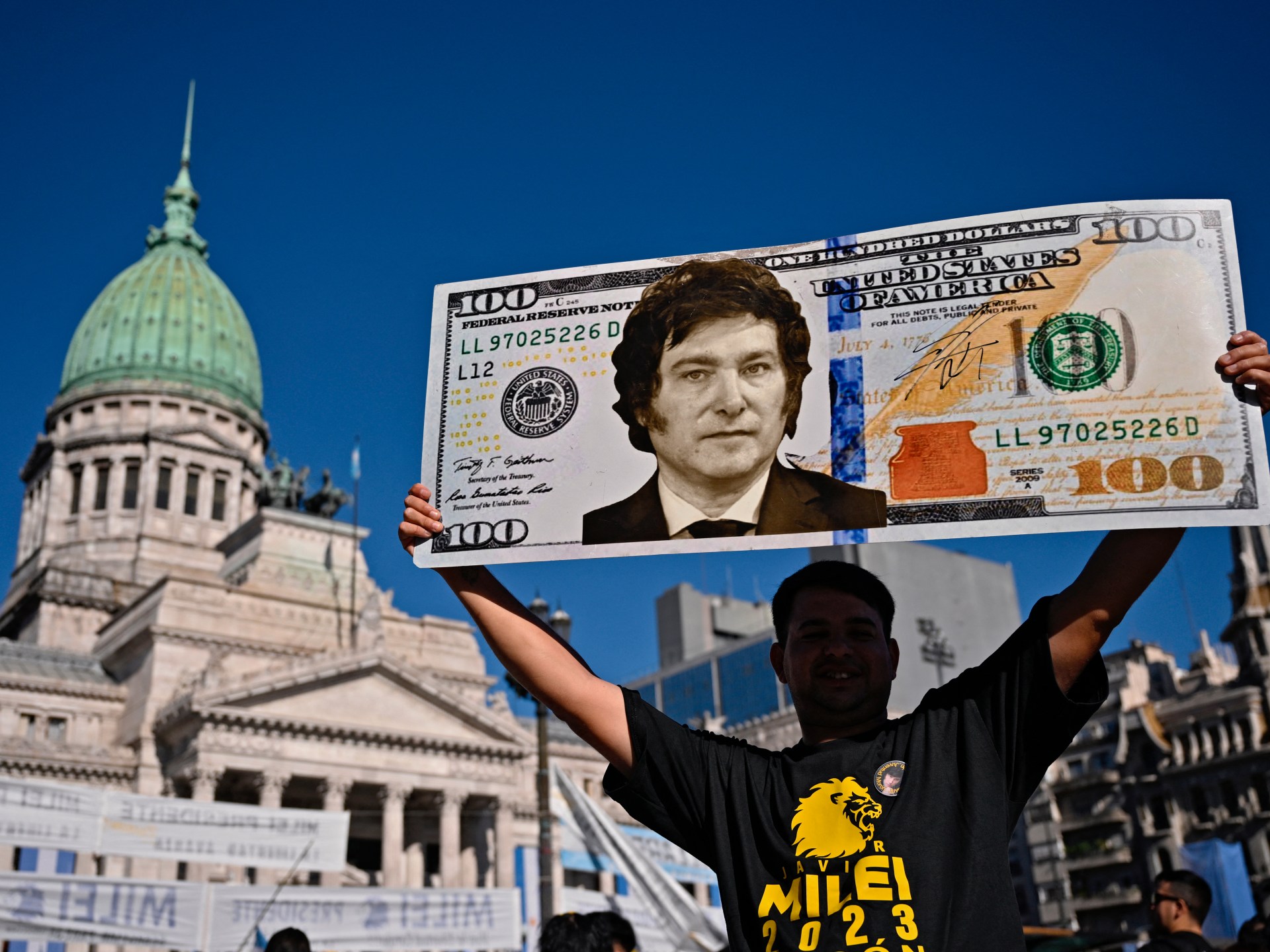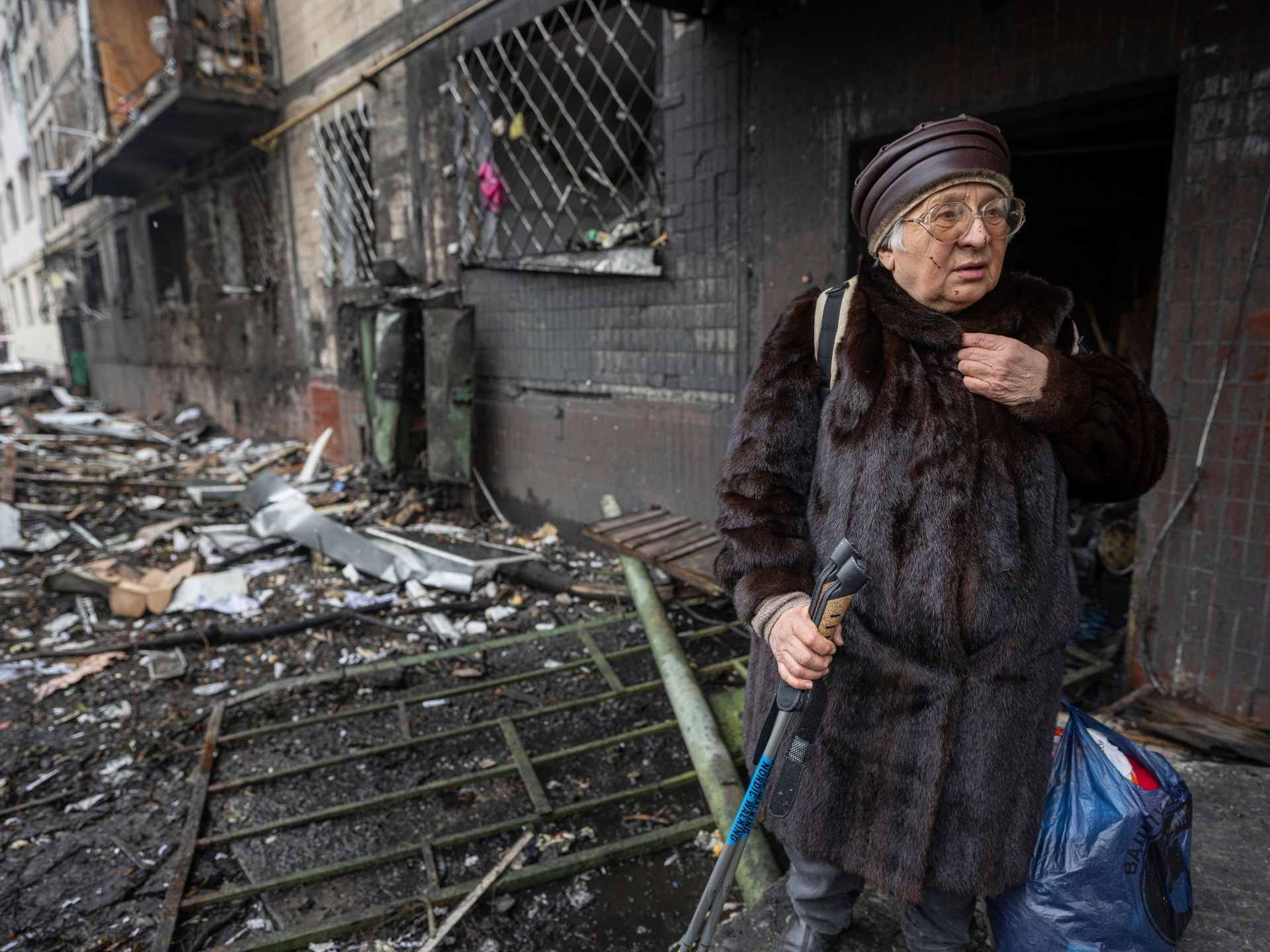
Washington says Morales Urbina “used her office to facilitate a coordinated campaign to suppress dissent.”
The United States has imposed sanctions on Nicaragua’s attorney general for alleged involvement in the government’s “unjustified persecution of political prisoners and civil society.”
Wendy Carolina Morales Urbina, who has served as attorney general since 2019, “used her office to enable a coordinated campaign to suppress dissent by seizing property from political opponents of the administration without legal basis,” said Brian Nelson, undersecretary of the U.S. Department of the Treasury for terrorism and financial intelligence, it said in a statement on Thursday.
Morales Urbina led efforts to confiscate property from 222 political prisoners flown to the United States in 2023 moved out their Nicaraguan nationality, the Finance Ministry said.
Under the order, the US will block any property or interests it holds in the country and prohibit US transactions with it.
The attorney general supports the “ruthless repression of peaceful opposition activists in Nicaragua by President Daniel Ortega and his wife, Vice President Rosario Murillo,” said US State Department spokesman Mathew Miller.
“We will continue to take action against anti-democratic actors and human rights violators,” he added in a post on X.
The US imposes sanctions on Nicaragua’s Attorney General Wendy Carolina Morales Urbina for enabling Ortega-Murillo’s repression of the Nicaraguan people. We will continue to take action against anti-democratic actors and human rights violators.
—Matthew Miller (@StateDeptSpox) March 21, 2024
Ortega’s government revoked 300 people’s citizenship last year for alleged “terrorism.” These included the 222 political prisoners – including leading opposition figures and student activists – who were sent to the US after negotiations but were unable to return and were sent into exile after a law was passed that stripped them of their citizenship.
Washington has opposed Ortega, a former Marxist rebel, since he led a revolution that toppled a U.S.-backed government more than four decades ago, but his government’s human rights abuses continue to rise ostracized Nicaragua from much of the West.
Morales Urbina was “crucial” in formulating policies that labeled Nicaraguan opposition figures “terrorists” and blocked their financial resources with an “anti-terrorism” law, the Finance Ministry said.
The State Department had previously placed Morales Urbina on a corruption blacklist, banning her from entering the United States.
Ortega and Murillo already face severe US sanctions many other officials doincluding judges.
Ortega initially ruled Nicaragua from 1979 to 1990 with popular left-wing policies. When he returned to office in 2007, he gradually tightened his grip on state institutions and cracked down on dissidents, including revered members of the Catholic Church.
More than 300 people died on April 18, 2018, when citizens took to the streets against austerity and welfare cuts and the government responded with lethal force.
Amnesty International last year said in a report on the anniversary of the protests that the Ortega government had consolidated its power through “excessive use of force, the use of criminal laws to unjustifiably criminalize activists and dissidents, attacks on civil society and forced exile.”






Recent Comments